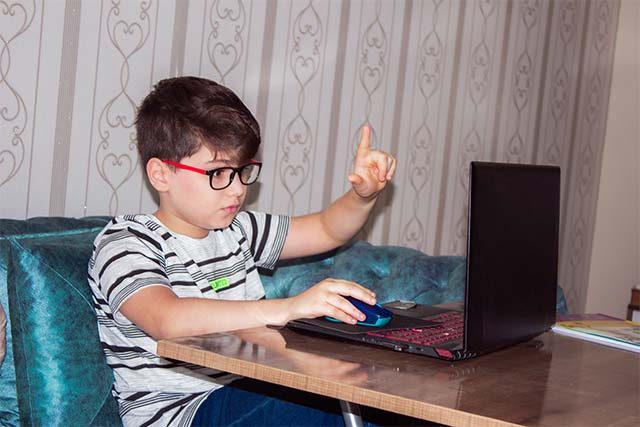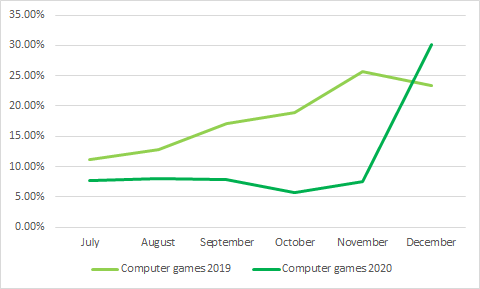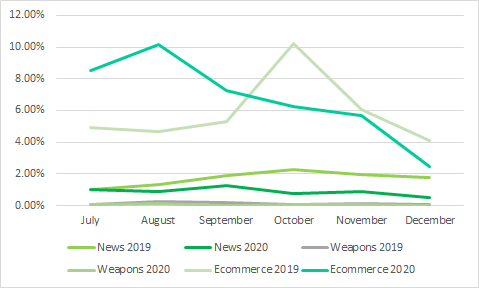
Most Filipino children who have internet access used it for social media purposes last year, which was also the same period the country’s education system shifted to the blended learning approach.
Data collected by a cybersecurity firm showed that 43.09% of Filipino children went online for social media messaging.
Due to the tough lockdowns since March 2020, social media became the main communication tool among their peers and teachers aside from video-conferencing platforms.
The data also showed that Filipino children 34.75% are into watching videos and listening to music while only 14.37% are into playing computer gaming titles.
“Streaming content, both in video and audio format have become the most in-demand entertainment source. The eSports industry was boosted by the current conditions since traditional live sports events were cancelled left and right,” cybersecurity firm Kaspersky said in its report.
Interest in computer games was lower in the third and fourth quarters of 2020 as compared to the same period in 2019 except in December.

What increased was the Filipino kids’ e-commerce activities monitored in the third quarter of 2020.

E-commerce websites became the go-to online destinations of Filipinos for their groceries and other needs since the tough lockdowns were imposed.
This trend persisted even after the succeeding granular quarantine phases implemented across the country.
The data was collected anonymously from devices of Filipino users installed with Kaspersky solutions, who willingly opt in to have their data on Kaspersky Security Network.
What were the dangers?
In line with these findings, an official of the cybersecurity firm said that the pandemic contributed to the increased exposure of children to the internet and their dependence on mobile devices and computers.
“The pandemic has intensified their exposure to and integration of their modern lives with technology more so than ever be it for learning or leisure.,” Yeo Siang Tiong, general manager for Southeast Asia-Kaspersky said.
“As they live in the age of the internet, it is our responsibility to ensure that we provide a safe space for them to learn and grow, and to protect them from vulnerability to negative content and vices that are rampant on the web,” he added.
In the report, the cybersecurity firm also shared data that a small percentage of Filipino children attempted to visit websites with dangerous content.
These types of content that the company managed to block were pornography (0.08%), weapons (0.07%), internet gambling (0.05%) and drugs (0.03%).
The report offered a few tips on how parents can continue monitoring their children’s online activities.
- Surf the internet together with your child.
- Keep devices in common areas in the house.
- Use safe search technology such as Kaspersky Safe Kids for a sense of ease when you can’t physically monitor your child’s internet use.
- Limit time online. Children need boundaries and a balance of activities to enjoy a healthy childhood.
- Teach children how to block and report when they see or experience something inappropriate online.









